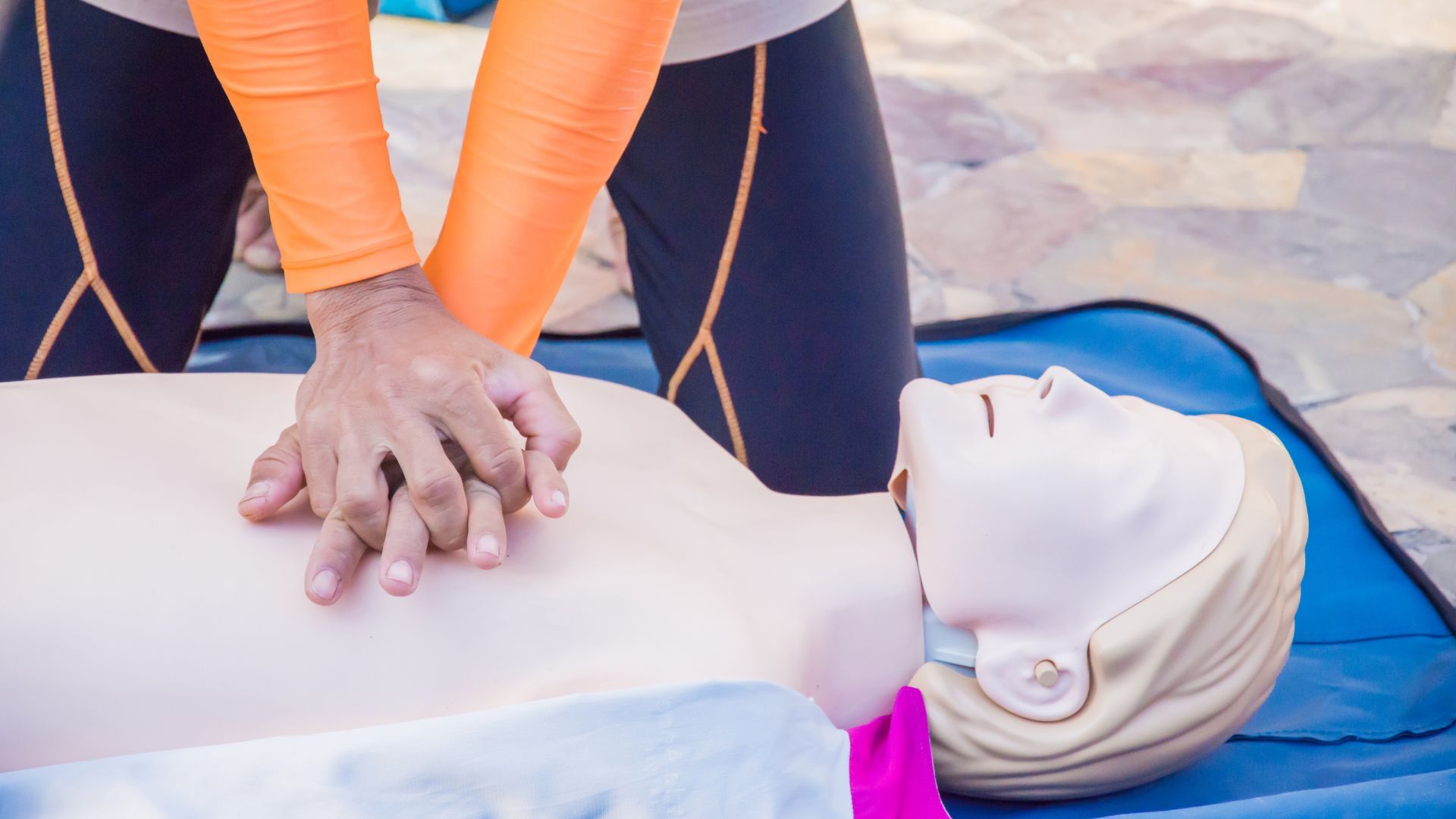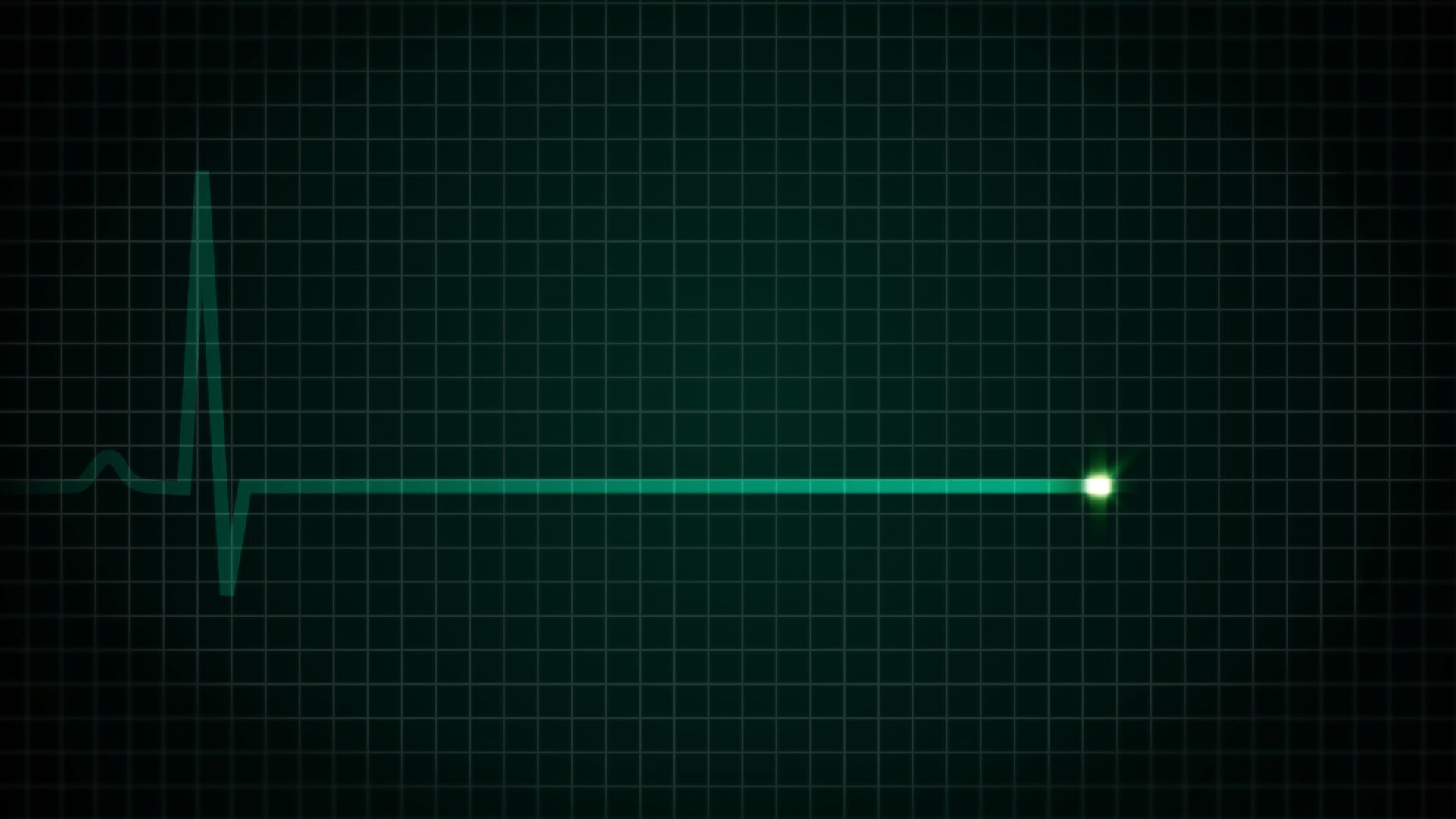Heart Rhythm
Contents
Heart Rhythm Pronunciation: Hahrt Rith-uhm (ˈhärt ˈri-thəm)
Definition: Heart rhythm, also known as cardiac rhythm, refers to the sequence of coordinated heart muscle contractions that are driven by electrical impulses, resulting in the steady beating of the heart.
What is Heart Rhythm?
Overview:
Heart rhythm is the pattern of heartbeats, which is synchronized by electrical signals within the heart tissue. This rhythm can vary depending on factors like physical activity, stress, and overall health. A healthy, regular heart rhythm is essential for effective blood circulation, ensuring oxygen and nutrients are efficiently delivered to all parts of the body.
Key Facts About Heart Rhythm:
- The heart rhythm is controlled by the heart’s natural pacemaker, the sinoatrial (SA) node, located in the right atrium of the heart. The SA node sends out electrical impulses that trigger each heartbeat.
- Heart rhythm can be measured using an electrocardiogram (ECG or EKG), a non-invasive test that records the electrical activity of the heart.
- An irregular heart rhythm, known as arrhythmia, can cause a range of symptoms including palpitations, dizziness, shortness of breath, and chest pain. Some types of arrhythmia may increase the risk of stroke or heart failure.
- There are several types of arrhythmias, including atrial fibrillation, ventricular tachycardia, and bradycardia. These conditions represent a fast, slow, or irregular heartbeat, respectively.
- Treatment for irregular heart rhythm can include medications, lifestyle changes, the use of a pacemaker, or surgical procedures.
How to Maintain a Healthy Heart Rhythm
Healthy Lifestyle Choices
Adopting healthy lifestyle habits can contribute significantly to maintaining a regular heart rhythm. This includes balanced nutrition, regular exercise, adequate sleep, stress management, and avoiding tobacco and excessive alcohol consumption.
Regular Check-ups
Regular medical check-ups can help detect any abnormalities in your heart rhythm early, improving the chances of successful treatment. These check-ups typically involve an ECG, blood pressure check, and other heart health assessments.
Control Underlying Conditions
If you have a chronic condition like high blood pressure, diabetes, or high cholesterol, managing these conditions effectively can help maintain a healthy heart rhythm. This often involves medication, regular monitoring, and lifestyle changes.
Take Prescribed Medication
If you have been diagnosed with an arrhythmia, it’s crucial to take any prescribed medication as directed by your healthcare provider. These medications may help control your heart rate, restore a normal heart rhythm, or reduce the risk of blood clots.
Irregular Heart Rhythm Symptoms & Causes
What are the symptoms of an irregular heart rhythm?
An individual with an irregular heart rhythm may experience the following symptoms:
- Palpitations or a feeling of a “racing” heart
- Dizziness or feeling light-headed
- Fainting or near-fainting spells
- Shortness of breath
- Chest pain or discomfort
- Fatigue or weakness
- Sweating
What causes an irregular heart rhythm?
The heart’s rhythm may become irregular due to several factors, including:
- Heart disease or damage to the heart tissue
- High blood pressure
- Diabetes
- Thyroid disorders
- Excessive consumption of caffeine or alcohol
- Use of certain medications, including some over-the-counter cough and cold medicines
- Stress or anxiety
- Sleep apnea
- Certain genetic conditions
Heart Rhythm Diagnosis & Treatments
How is an irregular heart rhythm diagnosed?
Diagnosing an irregular heart rhythm typically involves an electrocardiogram (ECG), which records the electrical signals in your heart. Your doctor may also use other tests such as a Holter monitor, event monitor, echocardiogram, or a stress test.
How is an irregular heart rhythm treated?
The treatment for an irregular heart rhythm depends on its cause and severity. Potential treatments include:
- Lifestyle changes: These may involve quitting smoking, reducing alcohol or caffeine intake, increasing physical activity, and managing stress.
- Medication: Various medications can control the heart rate or rhythm and prevent blood clots.
- Cardioversion: A procedure that uses electricity or drugs to reset the heart to its regular rhythm.
- Ablation: A procedure that uses heat or extreme cold to create tiny scars in the heart, which can prevent abnormal electrical signals.
- Implantable devices: Devices like pacemakers or implantable cardioverter defibrillators (ICDs) can help control the heart rhythm.
- Surgery: In some cases, surgical procedures may be necessary.
More Articles





